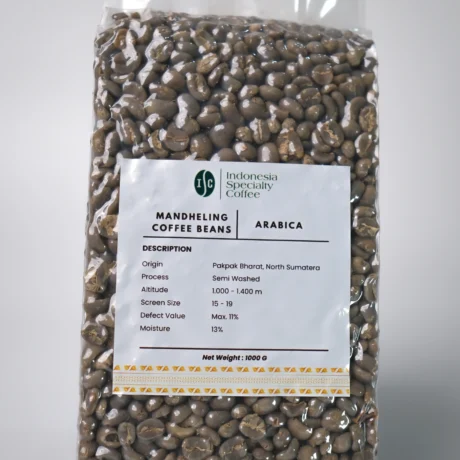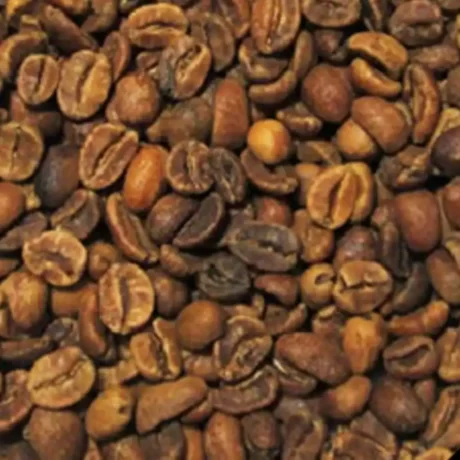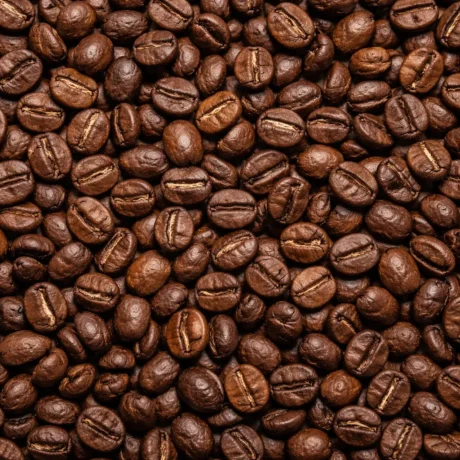You’re sipping your favorite morning brew—maybe it’s a bold espresso or a mellow pour-over. But have you ever thought about what it’s doing to your teeth? Particularly if you’ve had dental fillings or restorations, the type of coffee you drink might be silently affecting your oral health.
In this article, we’ll explore the science behind espresso vs drip coffee dental health, and reveal which one is gentler on your teeth—and why.
Why Dental Health and Coffee Are More Connected Than You Think
Composite resins, especially bulk-fill types, are commonly used to restore damaged teeth. They’re designed to be durable, aesthetically pleasing, and quick to apply. But they’re also susceptible to acidic environments—like your cup of coffee.
A recent study from Diponegoro University explored exactly this: how espresso and drip brewing methods affect the hardness of composite resin over time. And the results might surprise you.
Study Results: Espresso vs Drip Coffee Dental Health Effects
Researchers soaked dental resin samples in espresso, drip coffee, and artificial saliva for 7 days. Here’s what they found:
| Soaking Solution | Hardness (Vickers Scale) |
|---|---|
| Artificial Saliva | 65.51 VHN |
| Drip Coffee | 64.66 VHN |
| Espresso | 39.66 VHN |
That’s a dramatic drop in hardness for the espresso group—suggesting that espresso significantly weakens dental composite materials compared to drip coffee.
This confirms that when it comes to espresso vs drip coffee dental health, espresso poses a bigger risk to your fillings.
Why Does Espresso Weaken Composite Fillings?
Let’s break it down:
- Brewing Ratio:
Espresso uses a 1:2 coffee-to-water ratio, producing a highly concentrated brew. Drip coffee is milder at 1:13. - Grind Size:
Espresso uses a very fine grind, allowing more acids and phenolic compounds—like chlorogenic acid—to be extracted rapidly. - Brewing Time:
Drip coffee brews for 2.5 to 3 minutes, allowing more antioxidants and fewer harsh compounds to infuse. Espresso is brewed in just 25–30 seconds. - pH and Acidity:
Espresso is more acidic, which can chemically soften and degrade composite materials in your mouth over time.
So when comparing espresso vs drip coffee dental health, drip coffee comes out ahead with its lower acidity and slower, gentler extraction.
What Does This Mean for Your Everyday Coffee Habit?

If you enjoy multiple espressos daily and have composite fillings or veneers, this research suggests your habit could be accelerating wear and tear on dental work. Does that mean you have to give up espresso forever? Not necessarily—but you should consider adjusting your routine.
Protecting Your Teeth from Coffee Damage
Here are practical tips to enjoy your coffee while protecting your dental health:
- 🥤 Switch to Drip Coffee
It’s less acidic and gentler on dental materials. Curious about perfecting your pour-over? Check out this guide. - 🚰 Rinse with Water After Coffee
This helps neutralize acids before they settle on your teeth or restorations. - 🕒 Wait 30 Minutes Before Brushing
Brushing immediately can damage softened enamel. - 🧪 Choose Beans Carefully
The roast level, origin, and storage affect acidity. Learn how to store coffee beans properly to reduce degradation. - 🪥 Use a Soft Toothbrush and Fluoride Toothpaste
This helps remineralize teeth and reduce erosion.
Beyond the Brew: Coffee, Health, and Lifestyle
This topic isn’t just about teeth—it’s about making smarter choices that blend your love for coffee with your well-being. Interested in more ways coffee affects your body? Check out:
- Effects of Coffee on Health and Addiction
- Can Coffee Be the Key to Weight Loss?
- 7 Secret Tricks to Make Your Coffee Better Than a Coffee Shop
And if you’re hunting for the best beans to brew at home, our guide on choosing specialty coffee is the perfect place to start.
Final Thoughts: The Brew You Choose Shapes Your Smile
When it comes to espresso vs drip coffee dental health, the answer is clear: drip coffee is the gentler choice.
That doesn’t mean espresso is evil—but moderation, smarter brewing methods, and a little post-coffee care can go a long way in preserving your fillings and smile.
So tomorrow morning, as your coffee drips or flows under pressure, ask yourself: Is this brew helping me smile longer?
Your Turn:
Have you experienced tooth sensitivity or dental issues related to your coffee habit? Share your story—and your favorite brewing method—with us in the comments.





